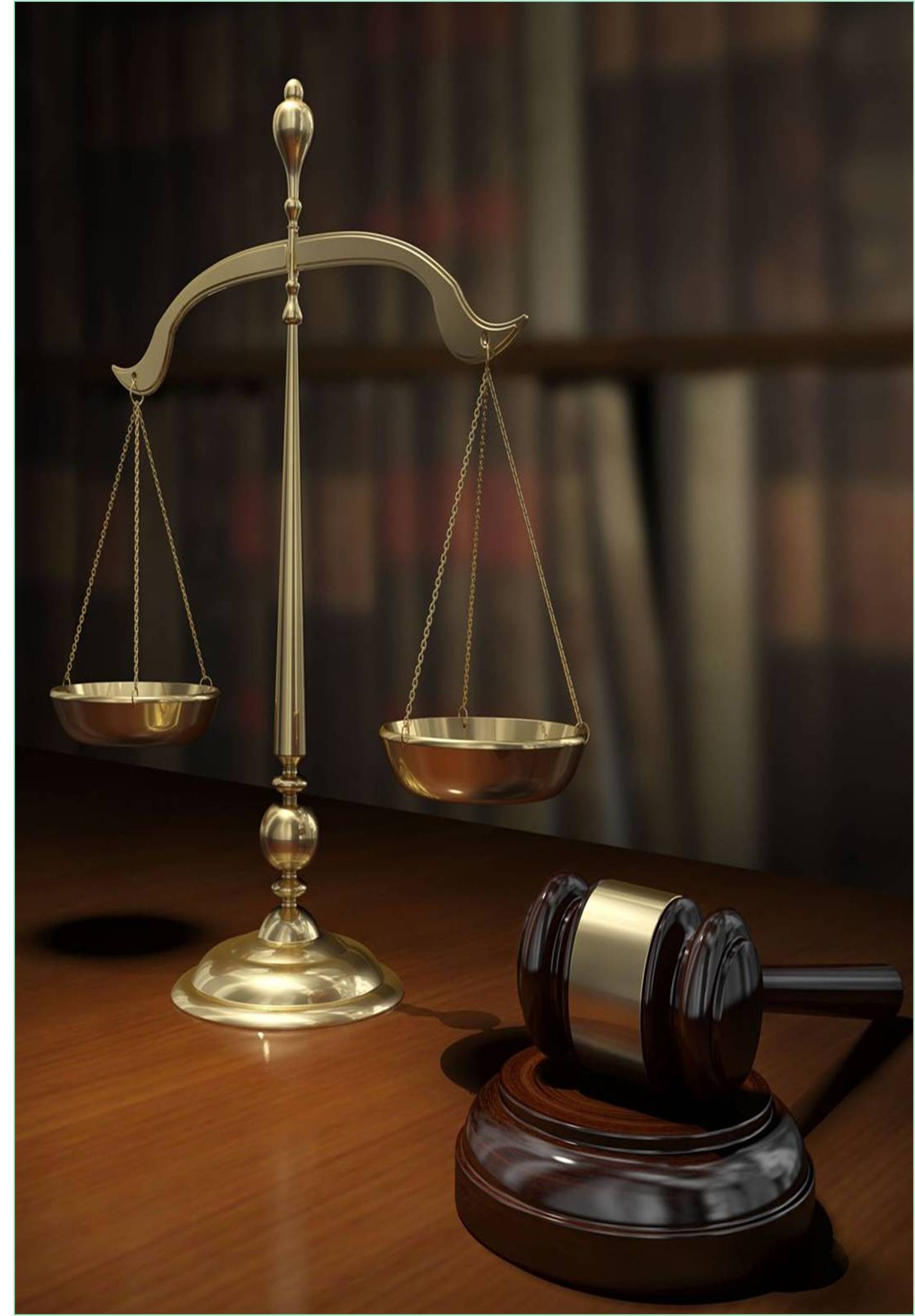



Received: 04-Feb-2022, Manuscript No. IJLCR-22-58919; Editor assigned: 07-Feb-2022, Pre QC No. IJLCR-22-58919 (PQ); Reviewed: 21-Feb-2022, QC No. IJLCR-22-58919; Revised: 25-Feb-2022, Manuscript No. IJLCR-22-58919 (R); Published: 28-Feb-2022, DOI: 10.15651/2408-5512.22.10.046
According to the citizenship act, 1955 regulates that that may acquire citizenship on what grounds a person becomes an Indian citizen if they are born in India or have Indian parent or have resided in the country for period of time. Illegal migrants are prohibited from taking Indian citizenship are who enters the country without valid passport, visa without valid documents or a person who stays then permitted period.
Illegal migrants may be imprisoned under the Foreigners Act, 1946 and the Passport (Entry into India) Act, 1920. The 1946 and the 1920 Acts empower the central government to regulate the entry, exit and residence of foreigners within the place of India. In 2015 and 2016, the government issued two notifications exempting certain groups of illegal migrants from provisions of the 1946 and the 1920 Acts. These groups are Hindus, Sikhs, Buddhists, Jains, Parsis and Christians from Afghanistan, Bangladesh and Pakistan, who arrived in India on or before December 31,2014.s By this it implies that these people of illegal migrants will not be deported for being in India without vali8d documents (Aparna, 2020).
In 2016, a Bill was introduced to amend the Citizenship Act, 1955. This bill will make illegal migrants belonging to these six religions and three countries eligible for citizenship and made some changes in the provisions on registration of Overseas Citizens of India (OCI) cardholders. It was referred to a joint parliamentary committee, which submitted their report on January 7, 2019.The bill was passed by Lok Sabha on January 8, 2019. However, it lapsed with the dissolution of the 16th Lok Sabha finally, the citizenship (Amendment) bill, 2019 is being introduced in Lok Sabha in December 2019 (Bhat, 2019).
The 2019 bill seek to make illegal migrants who are Hindus, Sikhs, Buddhists, Jains, Parsis and Christians from Afghanistan, Bangladesh and Pakistan, eligible for citizenship. It spared certain areas in the North- East from this provision. The bill amends the Act to allow cancellation of OCI registration if the person has violated any law notified by the central government.
Issue in North East
It contradicts the Assam Accord of 1985, which states that illegal migrants, irrespective of religion, heading in from Bangladesh after March 25, 1971, would be expelled. Critics further argue that the extensive exercise of updating the National Register of Citizens (NRC) will become void due to this Amendment act. India has several refugees like Tamilians from Srilanka they are not covered under this act. A critic says that it is violation of Article 14 of the Constitution which guarantees the right to equality according to the preamble of Indian constitution (Khan, 2020).
Government Stands
The government has clarified that Pakistan, Afghanistan and Bangladesh are Islamic republic’s where Muslims are in more in number so they cannot be treated as persecuted minorities. According to the government, this Bill aim is to granting rather than taking away someone citizenship. This bill will come as a big boon to all those people who have been the victims of Partition and the subsequent conversion of the three countries into Islamic republic’s region (Nair, 2020).
Government has cited that the partition of India on religious lines sequent it leads to the failure of the Nehru- Liaqat pact of 1950 in protecting the rights and dignity of the minorities in Pakistan and Bangladesh is the reasons for bringing up this bill (Prasad, 2020).
The Supreme court being the guardian of constitution test the constitutionality, whether the classification done is based on article 14 or not. Further, the people of the North-East should be engaged constructively to convince them that the linguistic, cultural and social identity of the people of the region should be preserved.